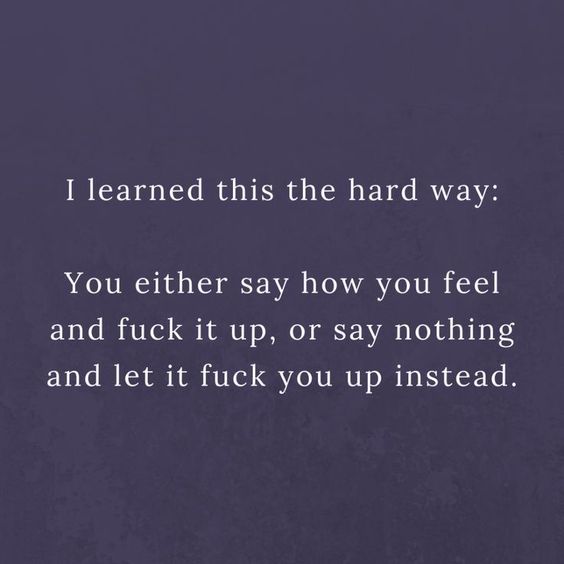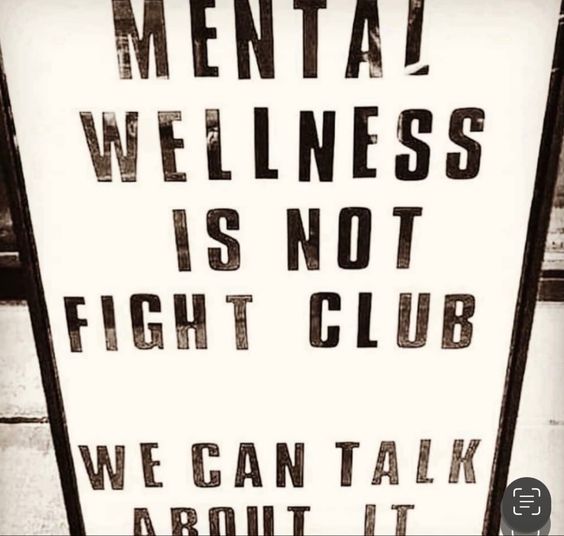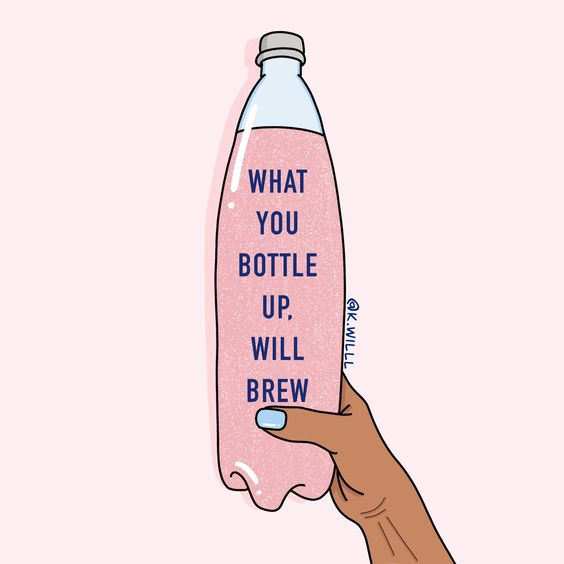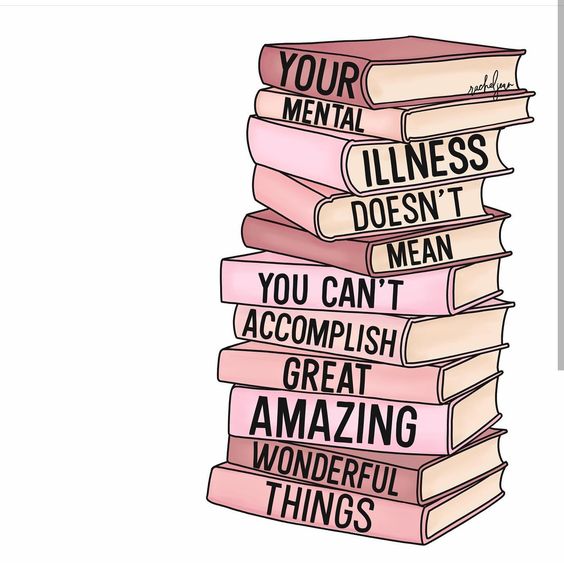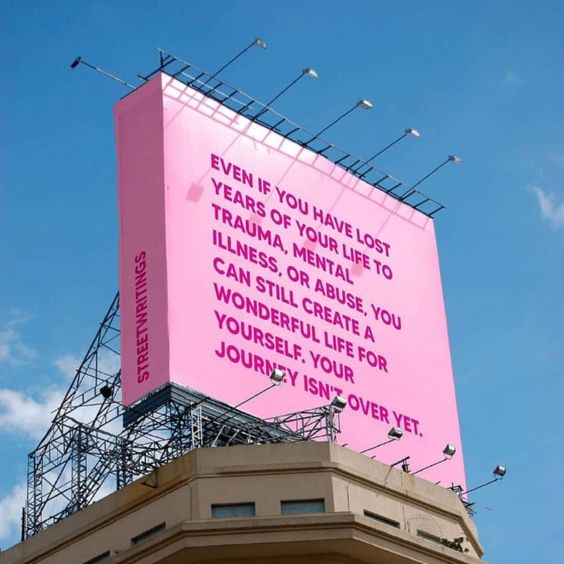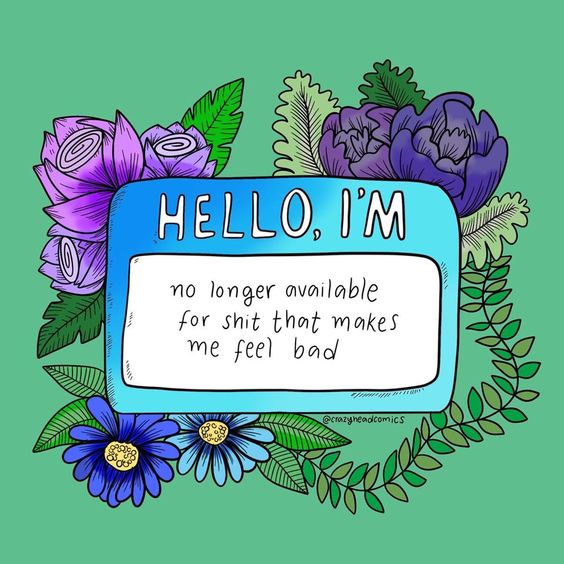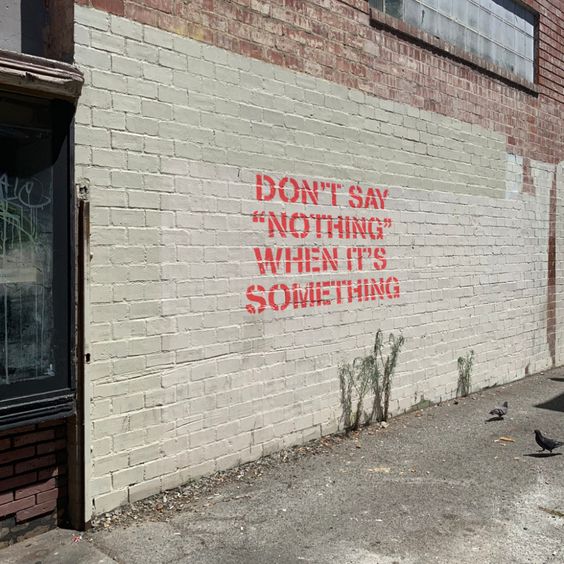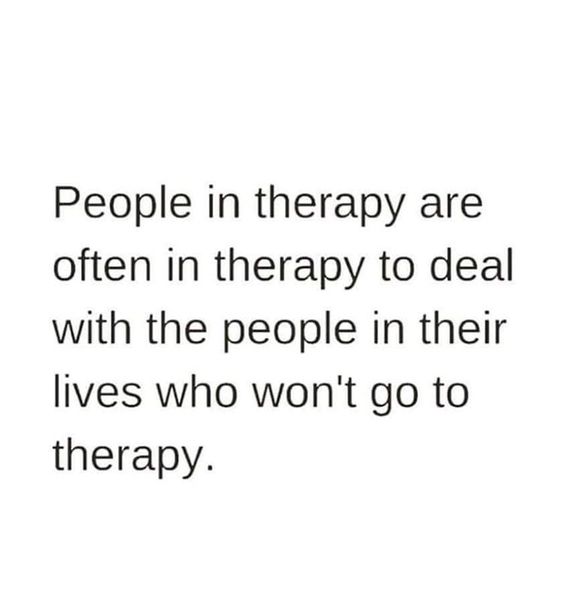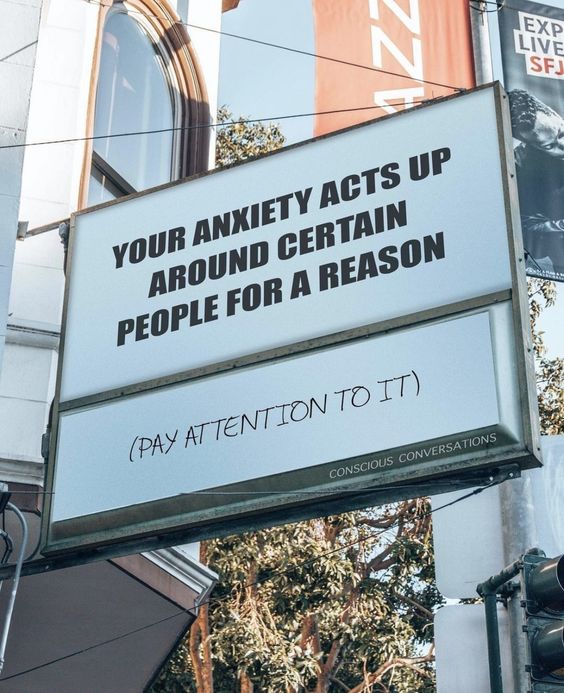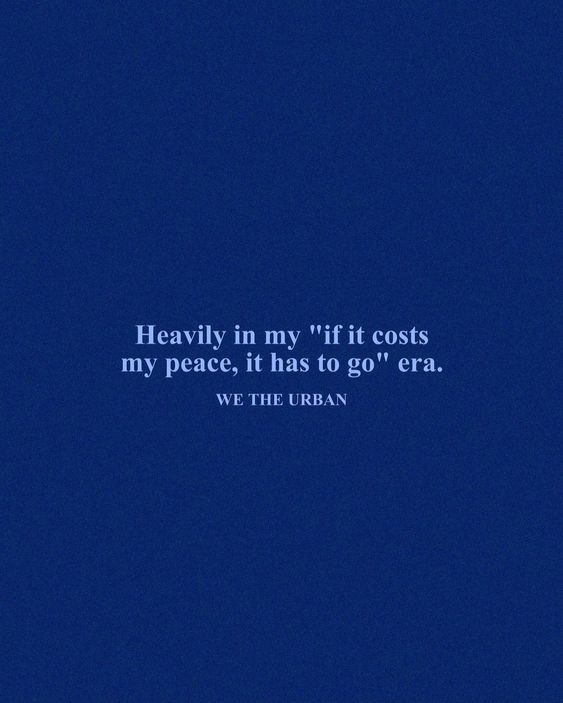Mental Health Quotes
“A tool is a bridge between what you realize the problem is and the cause of the problem to over here, actually gaining at least some control over the symptom. It all has to do with possibility. And not a bullshit definition of possibility. Possibility means you feel yourself reacting differently. It sounds, trite, but it’s actually the truth.”
Phil Stutz, Stutz
“In traditional therapy, you’re paying this person, and you save all of your problems for them, and they just listen, and your friends, who are idiots, give you advice. Unsolicited. And you want your friends just to listen. And you want your therapist to give you advice.”
Jonah Hill, Stutz
“Happiness is your natural state. That means you will return to it on your own if you allow the other feelings you want to experience to come up, be felt, be processed, and not resisted. The less you resist your unhappiness, the happier you will be. It is often just trying too hard to feel one certain way that sets us up for failure.”
Brianna Wiest, The Mountain Is You (Page 231)
“Triggers are not random; they are showing you where you are either most wounded or primed for growth. If we can see these triggers as signals that are trying to help us put our attention toward some part of our lives that needs healing, health, and progress, we can begin to see them as helpful instead of hurtful.”
Brianna Wiest, The Mountain Is You (Page 228)
“To do your inner work means to evaluate why something triggered you, why something is upsetting you, what your life is trying to show you, and the ways you could grow from these experiences. Truly powerful people absorb what has happened to them and sort of metabolize it. They use it as an opportunity to learn, to develop themselves. This type of inner mental and emotional work is non-negotiable if you want to be truly powerful.”
Brianna Wiest, The Mountain Is You (Page 187)
“You determine the quality of your mind by the nature of your daily thoughts. If they circle around the same obsessions and dramas, you create an arid and monotonous mental landscape, and this secretly makes you miserable. Instead, you must seek to radiate your mind outward, to unleash your imagination and intensify your experience of life.”
Robert Greene, The Daily Laws (Page 417)
“We like to focus on the psychological health of individuals, and how perhaps a therapist could fix any problems they might have. What we don’t consider, however, is that being in a dysfunctional group can actually make individuals unstable and neurotic. The opposite is true as well: by participating in a high-functioning reality group, we can make ourselves healthy and whole.”
Robert Greene, The Daily Laws (Page 408)
The Mountain Is You [Book]
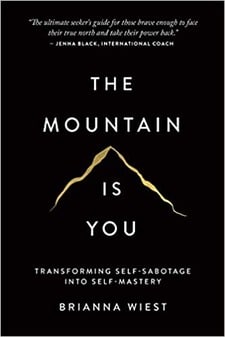
Book Overview: This is a book about self-sabotage. Why we do it, when we do it, and how to stop doing it—for good. Coexisting but conflicting needs create self-sabotaging behaviors. This is why we resist efforts to change, often until they feel completely futile. But by extracting crucial insight from our most damaging habits, building emotional intelligence by better understanding our brains and bodies, releasing past experiences at a cellular level, and learning to act as our highest potential future selves, we can step out of our own way and into our potential. For centuries, the mountain has been used as a metaphor for the big challenges we face, especially ones that seem impossible to overcome. To scale our mountains, we actually have to do the deep internal work of excavating trauma, building resilience, and adjusting how we show up for the climb. In the end, it is not the mountain we master, but ourselves.
Post(s) Inspired by this Book:
48 Brianna Wiest Quotes from The Mountain Is You on Self-Sabotage and Healing
